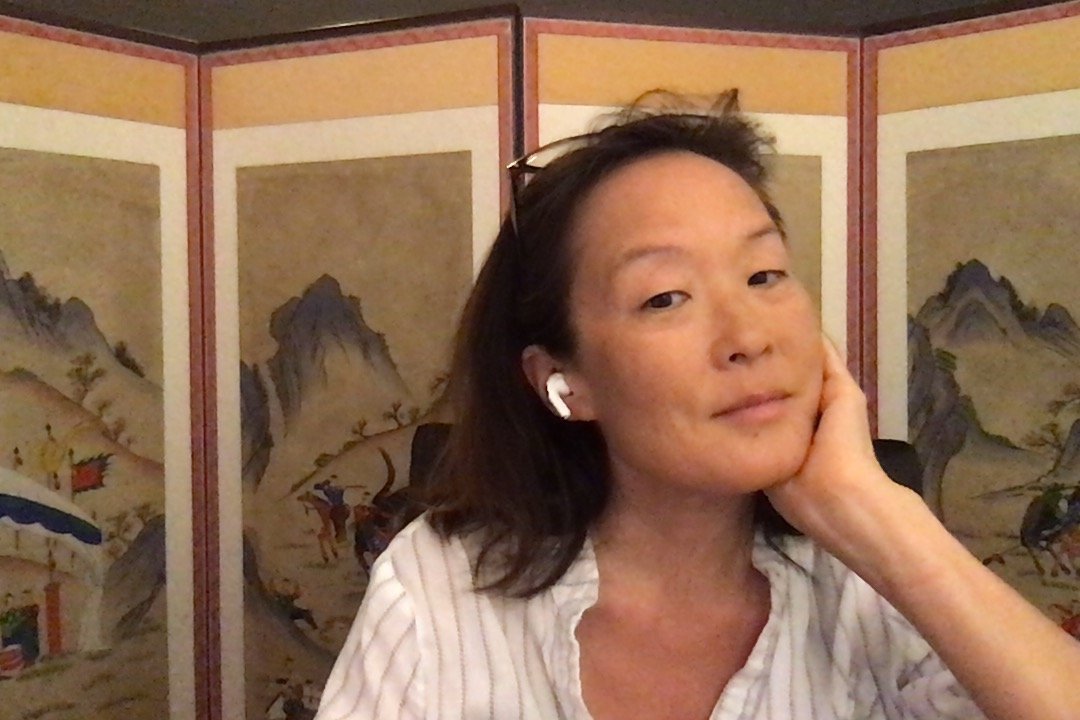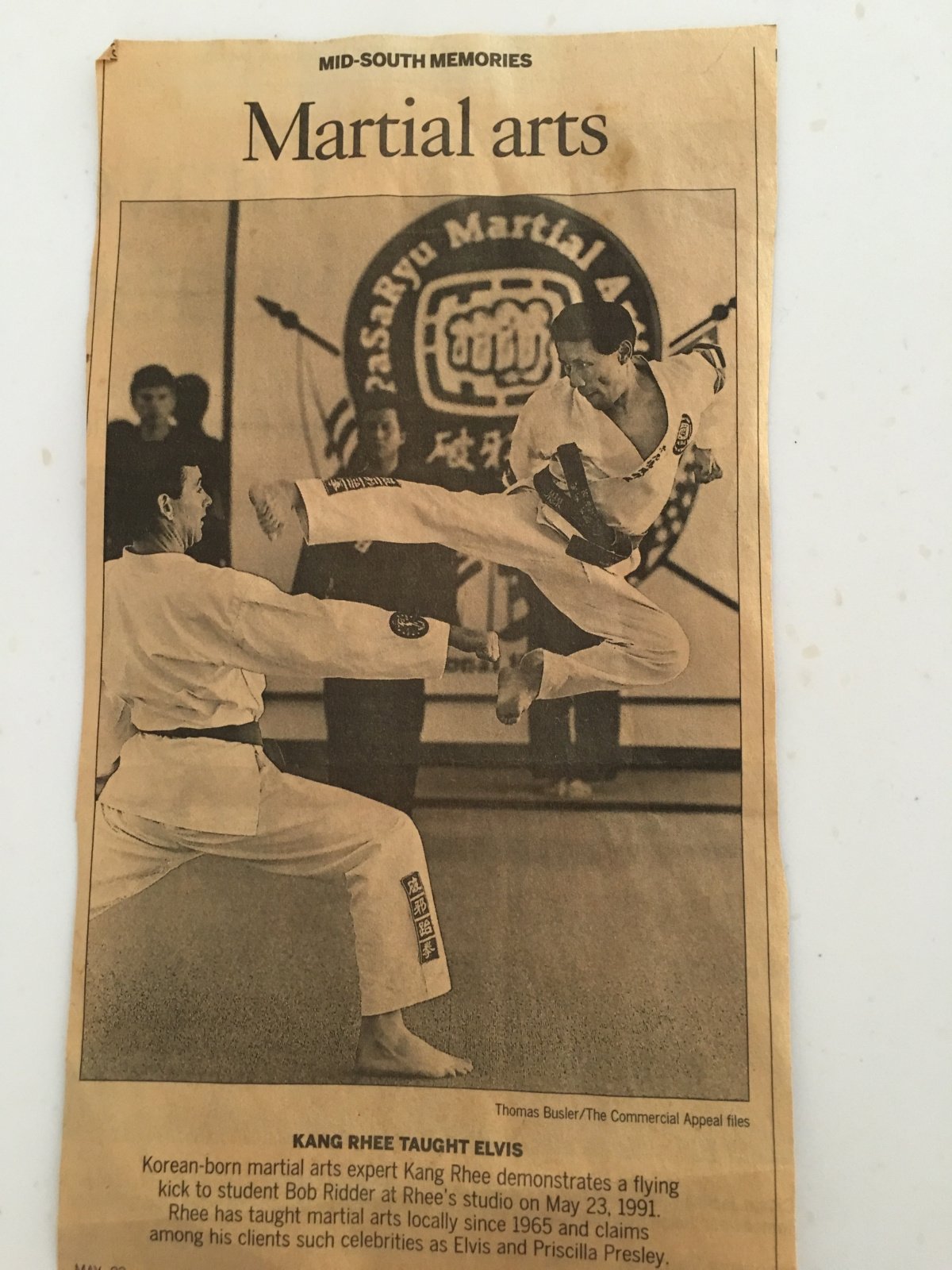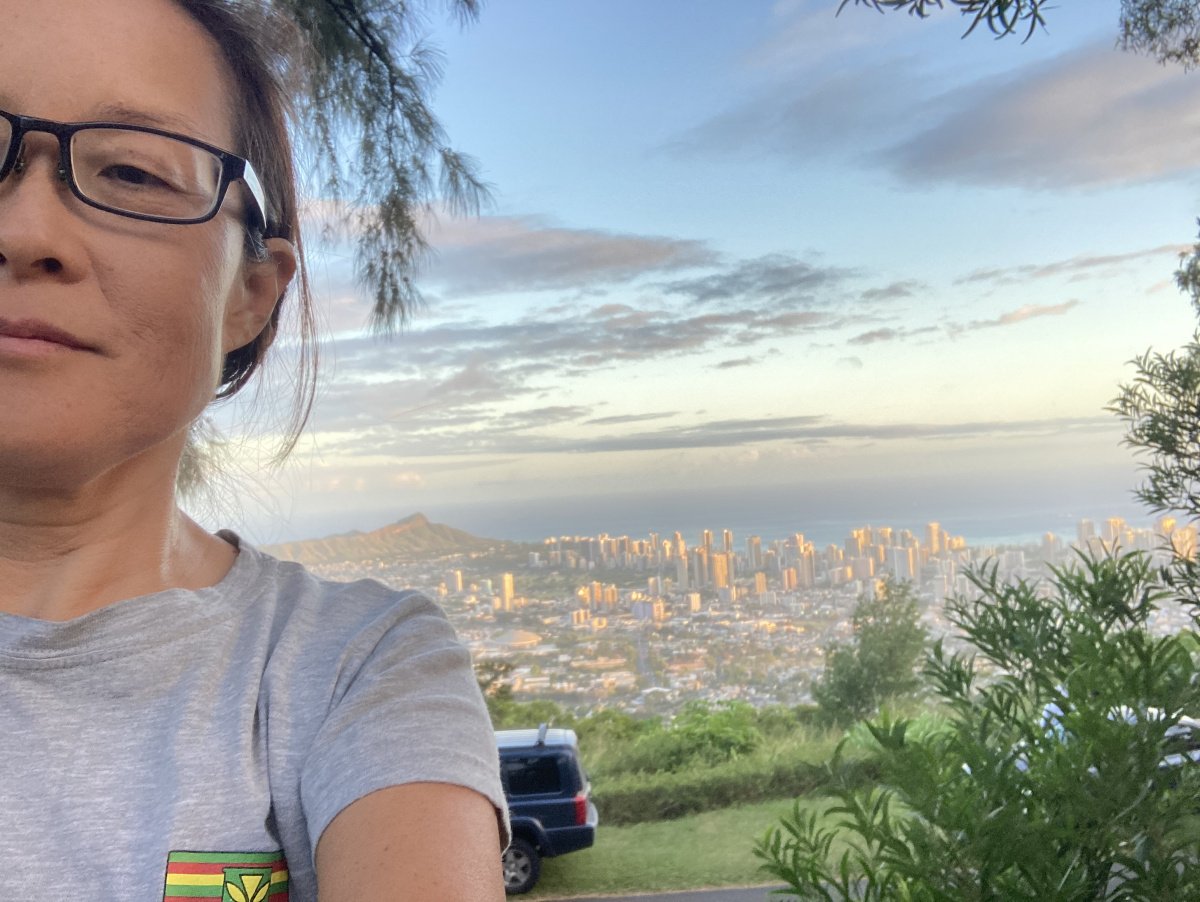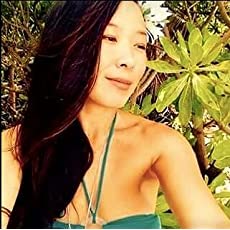I am writing this because I think it is important for students themselves (as well as others) who are Asian American, to potentially gain a cultural perspective on a particular philosophy that really underscores an Asian approach to education.
This is Confucianism. Feel free to google as your information may be more informative than this brief post. I am presenting a surgically sliced sliver of it. Those who are experts in the field, in particular, those who have studied the link between Confucianism and Asian/Asian American approaches to education, potentially academics in the field of education, please refute, or correct, as I readily admit I am not an expert. I am apologizing ahead of time as I am chopping up a field of study that has gone on for centuries into a blog post. This is the tyranny of modern information synthesis at play. I feel compelled to give a brief explanation because even this tiny bit of information I have conveyed in the past gave some relief to students as they better understood the dynamics within their own families and communities.
Confucianism and the Five Pillars
Confucius was a philosopher around 500–400 B.C. Confucianism is based on a system of hierarchies that were thought to be necessary in order to run a workable society
- king to subject
- husband to wife
- parent to child
- older sibling to younger sibling
- friend to friend
(I believe that gender trumps age, so if you are an older female sibling, you might be called Older Sister, but I believe that your younger brother would still dominate in most matters as adults).
You can see (inevitably?) what the system of hierarchy yields. There are merits to any type of order deemed necessary to provide a society with rules to function, but there are structural inequalities here that present difficulties.
Koreans, Chinese, and many Asians are highly influenced by Confucianism. Sure, a Confucian society can also simultaneously embrace Christianity, but Confucianism runs deep…as deep as…rice and kimchi. In other words, it is foundationally there, deemed necessary for survival, and such a part of how the culture operates that it is seamless, ubiquitous, and accepted as a default barometer of how one should live, how society should function.
Women
Women didn’t come into this Confucian discussion much. So bam, right at the start this is a not a female-friendly type of ideology, but not a single religion existing today was driven by women’s leadership, viewed women’s opinions as worthy of participation within the governance of the organization, or featured women in the majority of its written texts.
Ancestor Worship
This system is also one based on ancestor worship. Confucianism offered no afterlife of heaven, harps, halos, and clouds. No angel wings. It pretty much boiled down to ancestors (note nearest ones are your parents) and I don’t believe there was much about sporting flowing diaphanous clothes or plucking stringed instruments with light streaming down on one’s angelic face. Confucianism is known as a philosophy, but there was also a period when it was followed as a religious practice, in that its principles were used to govern spiritual practice.
Parents as gods
I want you to think about this deeply. If one believes in ancestor worship, what does this make one’s parents, exactly? That’s right: gods.
You worship and do as your parents say and in turn your parents/gods will provide what is needed and so it goes through the generations.
Ponder this. Worshipping your ancestors flies in the face of monotheism. No worries though — it’s viewed now as a philosophy. And I happen to have witnessed how both Christianity and Confucian ancestor worship can be combined. Bow to Virgin Mary, bow to picture of grandparents, bow to Christmas tree. Just keeping the options open! But just hold the thought as we march through this idea…
Imperial Exams or early standardized tests
A significant part of the early system of governance in China and Korea was the Imperial Examination system. Everyone got a crack at passing the exam, and then obtaining a position in government that would elevate one’s family. Here’s where we see, despite it looking otherwise, inequality rear its head.
Who could afford to have a son (no daughter) take time off from the rice fields or woodcutting business to support the family to study all day with the help of paid tutors to pass the exam? Just a hunch, but this was not an easy way to climb the ladder of social and economic success. Because Americans love to hear that rugged individual exception story, I will concede that there were probably exceptions, but for the most part, the people who took and passed the exam would have had to have been from families that could afford to have a child who spent his days studying.
The examination system very much spoke to Confucian principles. Remember, there’s no afterlife in Confucianism, no community gathering in the sky. Once you pass the exam, you have pulled up your family’s financial, academic, social standing in the public sphere, and in the metaphysical realm. You go up, your children go up, and voila, they are worshipping an ancestor (you dead) and you are just climbing higher and higher…dead, but climbing up and up to well, just up and up… Think about this: if you pass the exam — you were more enlightened, not just financially, but spiritually.
Spiritual Ascension
What does this mean in concrete modern terms? An A means you are ascending (way to go — you’re a spiritual elite) and an F? You are lowering yourself spiritually, messing up the ancestor line! Yes, the entire clan — they are all going down-down-down into the abyss of abject failure. All for failing an exam. Because you fell asleep in math class, you are now cursing your line for 1000 years, messing up the ancestor worship! So an F becomes much more than doing lousy on one paper or exam. The student who receives this grade is spiritually descending. Greetings Beelzebub!
You can understand the pressure, drive, ambition, misery, hope, misunderstanding, despair, dreaming, and confusion that often surrounds Asian American academic performance and the relationship between parents and children. An academic letter grade linked to an expectation of spiritual elevation? Let’s face it, does getting an F mean you won’t spiritually ascend? Many would say an F or an A has nothing to do with what kind of person you are spiritually. Just get to church/temple/mosque and you will be fine! You will ascend! This is all to let folks know that this getting-a-bad-grade stuff has profoundly different implications for students depending on their backgrounds.
What is baffling to many Asian American students is that given the overlay of Christianity, the American economic system of competition and capitalism, and the lack of clear reference to Confucianism, few understand their own parents’ behavior within their cultural context. Even parents may not quite understand how Confucianism works in their drive to have their children achieve. Most administrators and teachers lump this academic pressure reality into the pile of a 1st generation immigrant narrative, and yes, that it is too — but backtracking a little and understanding Confucianism may help everyone — students, parents, and faculty navigate the highs and lows of academic expectations.








